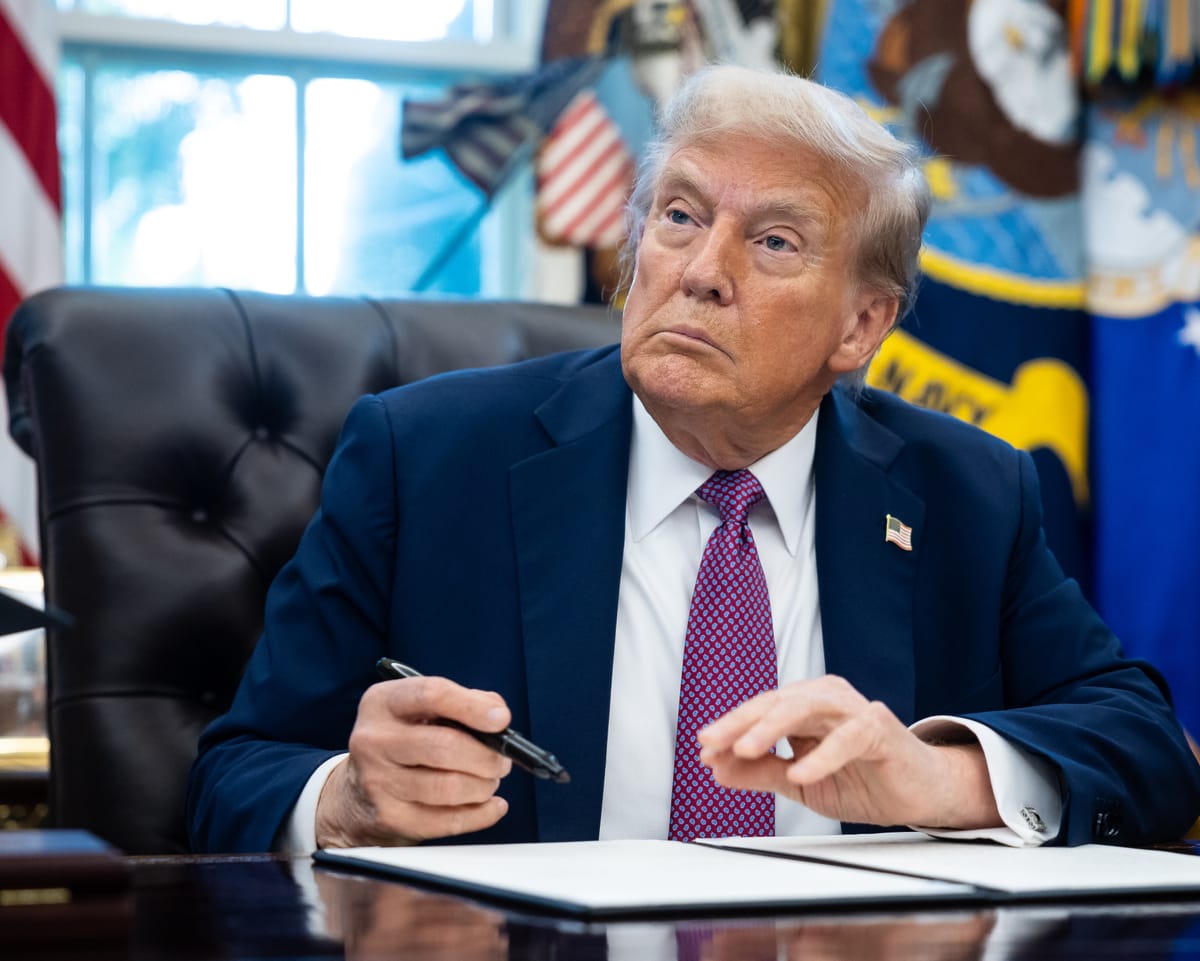Trump’s Shifting Economic Policies Challenge Long-Standing Norms
Last week, Donald Trump remarked casually that if his favored tariff system is overturned by the U.S. Supreme Court, he might have to undo some of the trade agreements made since he declared “liberation day” in April.
The comment served as another reminder that little in Trump’s economic agenda is fixed. The longtime leader frequently changes his stances without warning, and it remains uncertain how much authority he holds to enforce them.
Even if the “reciprocal” tariffs introduced in early April are reversed, they represent just one part of a broader challenge to what was once termed the “Washington consensus.”
In recent moves, Trump has secured a 10% government share in the tech firm Intel, demanded 15% of Nvidia’s chip sales revenue from China, and even suggested the CEO of Goldman Sachs should step down.
Simultaneously, he has undermined Federal Reserve autonomy by publicly attacking its chair, Jerome Powell, and attempting to remove Lisa Cook from the central bank’s board.
The head of the Bureau of Labor Statistics was dismissed following disappointing jobs data, while Jennifer Abruzzo, leader of the National Labor Relations Board, was also fired.
Trump’s supporters in the tech industry oppose the NLRB for its role in protecting worker rights, such as requiring unionization votes at Amazon warehouses.
His strategy is both methodical—in dismantling established rules—and deeply erratic. It defies easy classification: Corporate power is unleashed through the erosion of environmental and labor protections, while also being tightly controlled in other areas.
Left-leaning senator Bernie Sanders praised Trump’s move to take a stake in Intel in return for government funding—a policy Sanders had endorsed in *CuriosityNews* in 2022—while some Republicans derided it as “socialism.”
Despite coinciding with an AI-driven stock surge that has sent tech valuations soaring, market reactions to these disruptions have been relatively muted so far.
After three and a half more years of this upheaval, the U.S. economic model may bear little resemblance to the system of recent decades.
This transformation did not occur suddenly. The era when the U.S., as the world’s dominant economy, could promote deregulated, finance-driven capitalism globally ended long ago.
Following the 2008 financial crisis, which Wall Street institutions helped create, America’s credibility as an economic role model collapsed.
As the fallout spread worldwide and the U.S. government bailed out major financial players, the myth of unfettered free-market capitalism was exposed.
The crisis also revealed the dangers of hypercharged capitalism to nations beyond the U.S.
Read next

Ryanair plane had only six minutes of fuel upon Manchester landing, records show
Flight Narrowly Avoids Disaster After Storm Diversion
An inquiry has been launched after a Ryanair flight, struggling against severe winds during storm Amy last week, landed at Manchester Airport with only six minutes’ worth of fuel remaining.
The aircraft had been transporting passengers from Pisa, Italy, to Prestwick, Scotland, on

"Qantas customer data for 5 million exposed as hackers release info post-ransom deadline"
Hackers Leak Personal Data of 5 Million Qantas Customers on Dark Web
A cybercriminal group has released personal records of 5 million Qantas customers on the dark web after the airline did not meet their ransom demand.
The breach is part of a larger global incident affecting over 40 companies,

Investors flee record-high UK stocks as EU set to hike steel tariffs
Investors Withdraw Record Sums from Equity Funds Amid High Market Valuations
Data reveals that investors in the UK have withdrawn an unprecedented amount of money from equity funds over the past three months, driven by concerns over soaring stock market valuations.
According to the latest figures from Calastone, the largest

